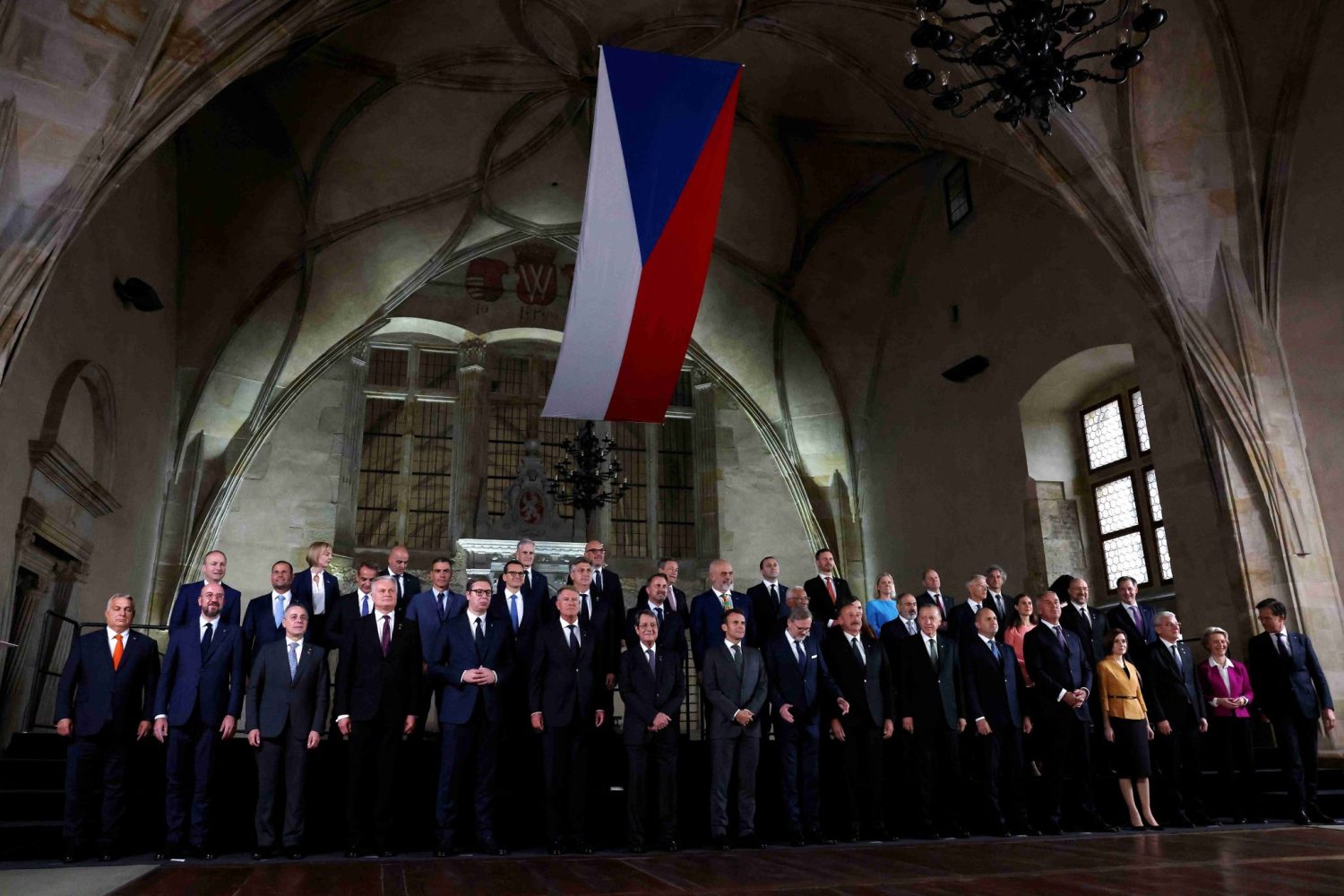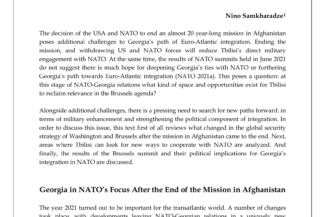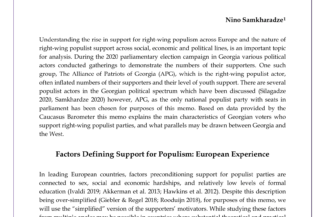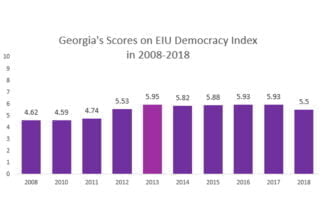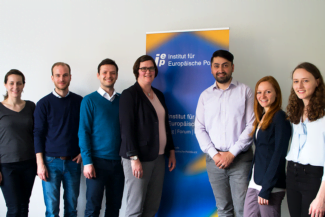
Teona Giuashvili
Visiting Fellow, European University Institute School of Transnational Governance
Launched at the Prague Summit in October 2022, the European Political Community (EPC) has already carved a niche in the European governance landscape. It came to the fore as a part of Europe’s response to Russia’s aggression against Ukraine – a pan-continental forum to display unity in the face of Russia’s war and foster strategic convergence among European countries.
The EPC is developing into an informal intergovernmental forum that places all 47 participating countries on an equal footing, whether or not they are members of the EU or NATO. The unwritten rule is that the hosting of EPC summits alternates between EU members and non-members. Host countries can exert significant influence on the agenda of the summits, which are structured around a plenary meeting, sectoral roundtables, and bilateral exchanges.
The second EPC summit took place in Moldova in June 2023, and Spain, the country currently holding the presidency of the EU Council, will host the third summit in Granada on 5 October this year. The UK has indicated its intention to host the following summit in 2024 as part of its wider effort to re-establish its role in European affairs after Brexit and Russia’s full-scale invasion of Ukraine. Discussions will likely take place at the upcoming summit in Granada on plans for summits beyond 2024. Georgia should seize this opportunity and state its readiness to host the EPC summit in 2025.
For Georgia, organising the EPC summit would carry strong symbolic value. It would help the country project and enhance its European identity. This symbolism is all the more important given the current turbulence in the relationship between Georgia and the EU.
Political tensions and missteps by the government have sparked doubts in Brussels and other European capitals about Georgia’s European aspirations. Until recently heralded as the ‘frontrunner’ among Eastern Partnership countries, Georgia today is paying a high price for its internal political crises and democratic backsliding. Georgia urgently needs to repair its damaged reputation, reset its strategic compass and take decisive steps on the country’s European path.
In addition, holding the EPC summit in Georgia would yield diplomatic dividends. It would offer an opportunity for the country to enhance bilateral cooperation with EPC members and serve as a catalyst for ministries to initiate or accelerate concrete bilateral or plurilateral initiatives. It could also enable the Georgian leadership to improve personal ties with other heads of state and government. Georgia could use the summit to informally advance its European integration agenda, even if the EPC and EU enlargement are clearly distinct processes. The organisation of an EPC summit would highlight Georgia’s institutional and administrative capacity too. Georgia could capitalise on this achievement, as well as on the adamantly pro-European stance of its population, to progress towards the next phases of EU accession.
Finally, alongside these symbolic and diplomatic dividends, the summit could also deliver practical value and empower Georgia to place two of its main policy priorities – security and connectivity – on the agenda and discuss them at the highest level.
Securing a rules-based European order is the core purpose of the EPC and an essential requirement for Georgia’s stability. Georgia needs to consolidate the support of its partners in addressing security threats from Russia to its territorial integrity and sovereignty. Russia’s invasion of Ukraine carries direct and indirect implications for Georgia’s security and independence. The country is highly vulnerable to any repercussions arising from the outcome of the ongoing war. In addition to the risk of further coercive measures, Moscow has leveraged other instruments to undermine Georgia’s statehood, including the manipulation of economic dependence, malicious hybrid and cyber activities, disinformation and propaganda. The risk of Russia weaponising growing economic and societal ties with Georgia to derail its European integration process cannot be neglected. Bolstering the resilience of institutions and society in Georgia and other countries, such as Moldova, which are on the forefront of a hybrid war with Russia, should feature among the priorities of the EPC. This format could serve to test the waters for concrete initiatives aimed at building Georgia’s resilience, leading to concrete steps by the EU and NATO.
Connectivity is another policy field where the EPC’s stated priorities converge with Georgia’s interest in integration with the West in energy, transport and digital infrastructure. The summit could help set a timeline for progress towards Georgia’s accession to the EU’s free roaming area. The pressure to diversify transit corridors between Europe and Asia by moving to routes that bypass Russia creates new avenues for cooperation on the European continent. One of the concrete steps in this direction has been the launch of the Black Sea submarine cable project. The project aims to bring renewable energy to the EU by connecting the Caspian, the Caucasus and South-Eastern Europe. New fiber optic cable infrastructure in the Black Sea would also improve digital connectivity in the region. Such projects would harness the geostrategic location of Georgia as a regional transport and logistics hub. As the EU advances the Global Gateway initiative, the EPC can bring all relevant actors to the table to discuss and develop links between current and potential connectivity projects.
Organising an EPC summit in Georgia in 2025 would send a powerful message of Europe’s support and solidarity for the country. It would contribute to the geopolitical anchoring of Georgia to Europe and help strengthen the fabric of mutual ties.
Hosting an EPC summit, however, is no substitute for substantive progress on the European integration path. Unless the Georgian government takes serious steps to reverse the deterioration of Georgia-EU relations, holding the EPC summit in Georgia will prove of little value for Tbilisi. Re-launching long-overdue reforms and reversing Eurosceptic narratives are of vital importance. This said, alongside the essential process of EU integration, active participation in the EPC can be an important track in Georgia’s journey towards Europe.
This perspective was produced with the financial support of the Open Society Georgia Foundation. Its contents are the sole responsibility of the author and do not necessarily reflect the views of the Open Society Georgia Foundation and the Georgian institute of politics.
Teona Giuashvili
Visiting Fellow, European University Institute School of Transnational Governance


